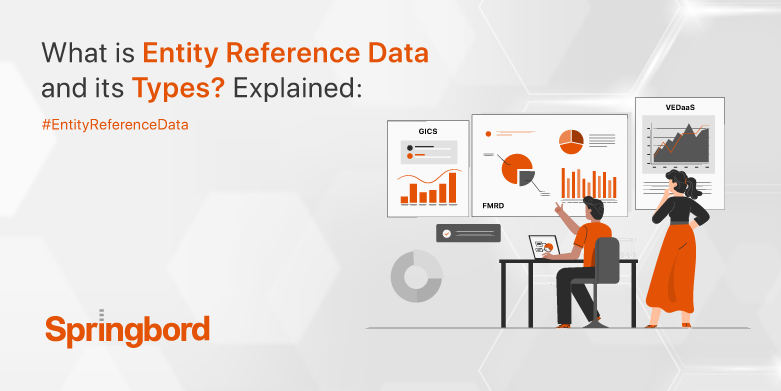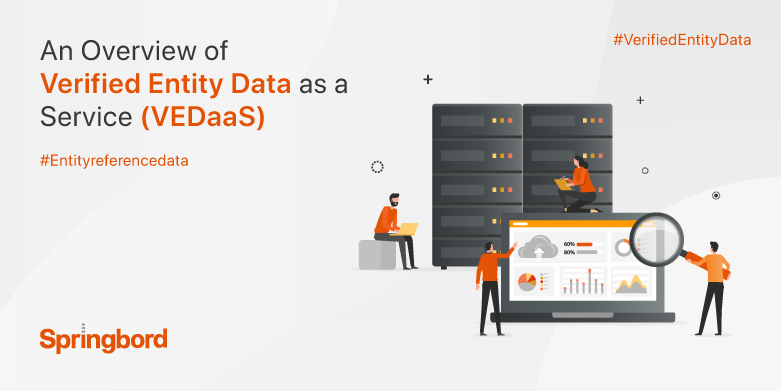 Read time 2 min
Read time 2 minHaving faulty reference data is an operational risk for business. And in the case of financial institutions, it can even be an existential risk. Entity reference data form the bedrock of all analyses when deciding about a product, client, action, deal, or even transaction. Any faulty references of this historical data can prove to be very costly for the organization. It is one of the prime sources of systemic failure in most data-reliant organizations. Given the criticality of managing entity reference data, organizations are seeking ways to reduce risk by relying on outside expertise. Data vendors are playing an expanding role by adapting to changing market mechanisms and being resilient to regulatory requirements. The advantages of outsourcing to entity reference data services can significantly impact operations, thereby improving the bottom line and raising the standard of performance.
Cost-benefit impact: Data vendors, who manage outsourced entity reference data, continuously upgrade their current systems and invest in resources that can be prohibitively expensive for a business to undertake. For businesses, managing entity reference data—though critical—is a non-core operation. Therefore, the benefit of outsourcing this operation to specialized vendors outweighs the risk and cost of having an in-house system.
Domain specialization: The drivers of any transactional data are information and technology. Information can be static or dynamic. Handling dynamic or variable data requires specialized knowledge to eliminate the seepage of risk, especially because systems interact with variable reference data when decision modules arise. Domain experts can help formulate the reference data definitions and business rules, which can be applied and processed at scale.
Managing multiple sources: Systemic inference of data from multiple sources forms the crux of entity reference data management. Vendors may have to collect and process information from a range of sources and data providers. The work doesn’t just end there. Regular vetting of information and curating the sources also determine the success of such an enterprise.
Data modeling: Experienced vendors are experts at consolidating data into a pool, thereby creating a common model to use across the system. The model will be tested, validated and perfected to become a standard semantic for all applications using the data groups. Data modeling is an evolving practice and is defined by variables. It is time-consuming and costly, requiring expert resources.
Resolution and exception handling: Detecting suspect data, identifying missing values, and coordinating with manual intervention are all basic functions in cleansing and distributing data, which will then be used for analysis and decision-making. Entity reference data management is invariably at the center of all systems and processes enterprise-wide. There are instances when automatic exception handling, data conflict, resolution mechanism and a host of decision modules require expert manual intervention. Businesses need to invest regularly to upkeep their resources to handle such dynamic issues, whereas a vendor can do it at a fraction of time and effort with in-house expertise.
Adapting to market dynamics: As markets evolve, variables keep evolving too. The upshot is that businesses need to invest more to address the complexity involved. The success of any enterprise rests with finding effective ways of getting relevant and accurate information efficiently. Firms need to look beyond data management systems to get their act right, to ensure that they access qualified and accurate data for integration, analysis, and decision-making.







